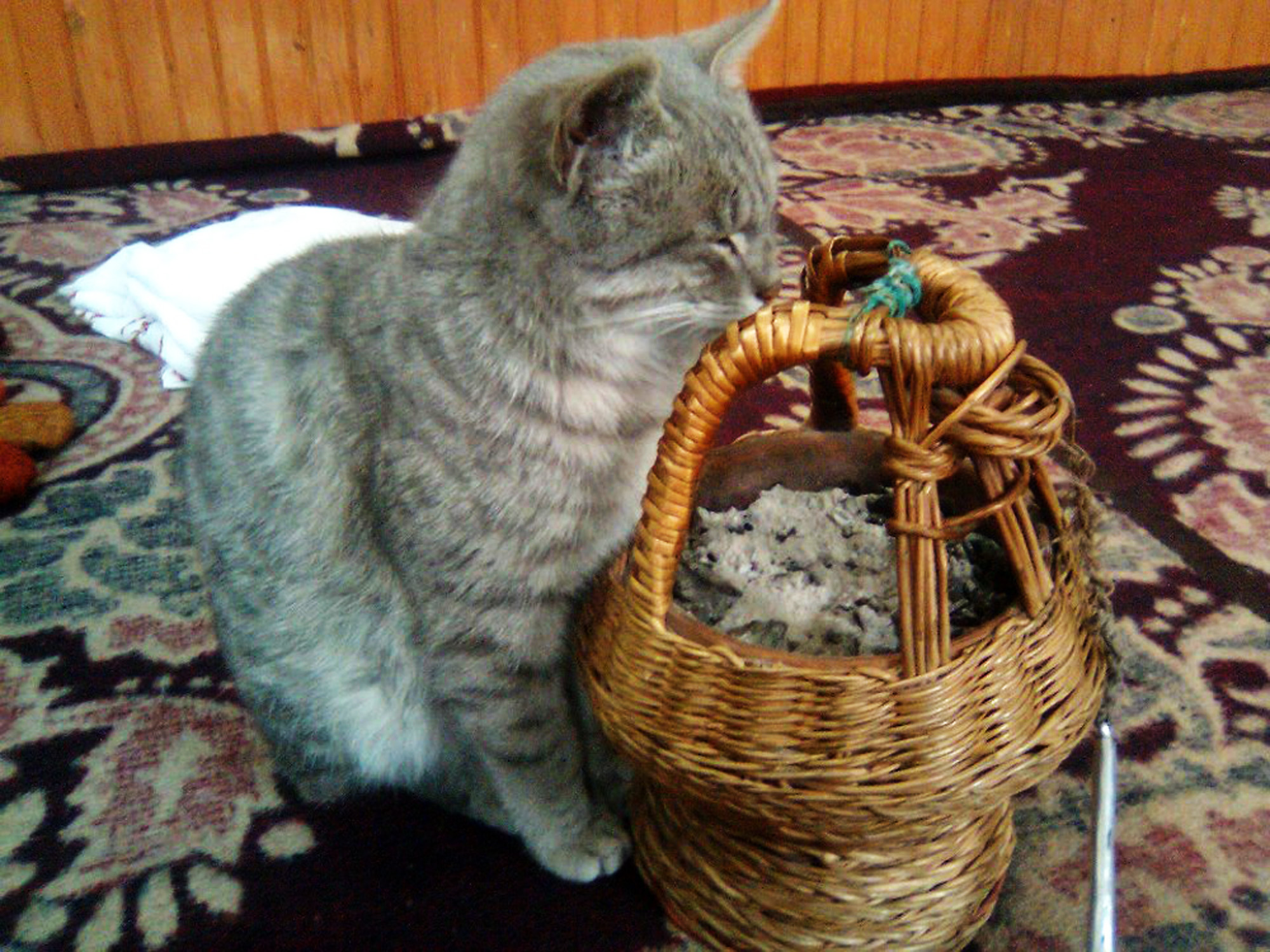by Dr Zubair Ahmad War
A person who intends to keep a pet must be mentally prepared to take proper care of his pet animal with respect to behavioural requirements, adequate feeding, and shelter and healthcare facilities.

Kashmir is witnessing a surge in pet ownership for the last decade. In contrast to farm animals that provide milk, meat and eggs; pets are companion animals and are kept purely for companionship. Though they don’t yield any product but they give love and company to their owners. In fact, pets are treated as family members and their owners happily incur huge expenses for their well-being and upkeep.
Pets are adored by all especially children. They are admired and valued for their loyalty, ward off depression and loneliness. They serve as a means of recreation. In fact, the term Pet Effect has been coined for the beneficial effect of pets on the human mind. Besides, pets such as dogs serve as guard animals and protect livestock and property.
Cats in particular have attained popularity in Kashmir and are admired for their cleanliness. They are thought to be ritually clean, which is why they are allowed to enter homes and even mosques. Cats have been revered for centuries in Muslim culture. In fact, one of the companions of Prophet Muhammad (PBUH) was known as Abu Hurairah (father of the kittens) for his attachment to cats. He had adopted a stray male cat and took it along wherever he went.
The Prophet Muhammad (PBUH) owned a pet cat named Muezza. It was a female Abyssinian Cat. There is an interesting incident which depicts his attachment to cats. When Prophet Muhammad (PBUH) woke to the call of prayer, he discovered that Muezza was sleeping on the sleeve of his prayer robe. He didn’t wake up her. Instead, he used a pair of scissors to cut the sleeve off so that the cat could remain sleeping undisturbed.
Pets need a balanced diet. Whereas dogs are omnivores, cats are obligate carnivores and rabbits are herbivores. On the other hand, pet birds relish grains. According to the World Canine Organization (FCI), there are 340 dog breeds in the world. The different dog breeds vary in appearance and size. On one hand, a miniature dog breed known as a Chihuahua has a body weight of fewer than 6 pounds whereas an English Mastiff dog breed can weigh about 200-230 pounds.
According to The International Cat Association (TICA) there are currently 71 breeds of cats in the world. Persian Cats are most popular among Cats in Kashmir owing to their beautiful long hairy coat.
Cats and dogs as pets have their pros and cons. Cats are affordable require less space and are easier to maintain than dogs. Cats are naturally solitary animals and are content indoors and don’t need to be taken outside. Cats are quieter than dogs, clean themselves and keep pests at bay.
The problem with cats is that they scratch at household items to keep their nails sharp and it is difficult to administer medicines to them. Dogs need regular walks and are suited for people who have access to open spaces. Though the average lifespan of a cat is 15 years, the average lifespan of a dog is only 12 years.
Rabbits are gentle herbivorous animals easier to maintain on grasses and vegetables. Their docile nature makes them ideal pets for children. Rabbits have the vice of digging burrows in the lawn, which can be avoided by keeping them in cages. There are about 305 breeds of rabbits around the world. Depending on the breed, the size of a rabbit ranges from 1-2.5 pounds in the case of a Netherland Dwarf rabbit and around 20 pounds in the case of a Flemish Giant rabbit.
Among avian species, pigeons and parrots are common household pets. Earlier pigeons were used for communication over long distances when a piece of paper with a message was tied to them. Pigeon breeding is a popular hobby worldwide and over 350 different pigeon breeds are currently recognized across the globe. Types of pigeons may be grouped into three classes: utility, fancy and flying or homing breeds.
The veterinarian must be consulted for understanding pet needs and for ensuring proper healthcare of pets.
Proper records of vaccinations and medications ought to be maintained by pet owners. Apart from a wide range of pet accessories, a variety of pet food brands for different age groups is available in the markets too. The pets have to be groomed properly. They have to be dewormed and vaccinated regularly to ward off diseases. Besides the cats ought to be trained to urinate and defecate in a defined area (litter box).
Adherence to personal hygiene while handling pets is important for keeping Zoonosis at bay. A person who intends to keep a pet must be mentally prepared to take proper care of his pet animal with respect to behavioural requirements, adequate feeding, shelter and healthcare facilities. There is no fun in bringing home an animal without taking due care of it.
Over the years many pet shops have come up in Kashmir selling a variety of pet accessories, pet birds and animals. However, in order to prevent any sort of cruelty to pets, authorities have established certain rules and regulations. As per the Prevention of Cruelty to Animals (Pet Shop) Rules, every Pet Shop owner must obtain a Certificate of Registration from the Animal Welfare Board. Similarly, pet owners have to get their pets registered with their respective Municipal authorities. This all is being done to ensure the welfare of these dumb creatures.
(Author is a veterinarian with a master’s from SKUAST. Ideas are personal.)















